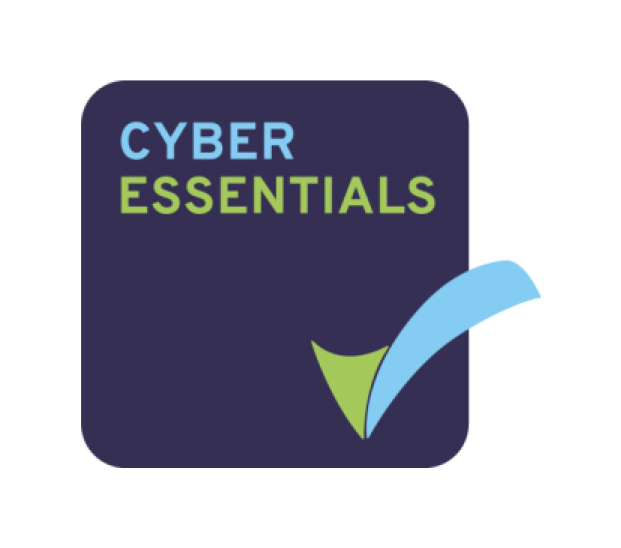
Hybrid work has redrawn the pay map, creating a global market where skill now matters more than postcode.
As remote and hybrid models become standard across the NetSuite ecosystem, employers are reevaluating compensation strategies, regional pay bands, and team structures. The move toward flexibility is creating a new kind of labor market, one where access to talent has expanded, but so has competition.
For finance, operations, and technology leaders, this “pay reset” is forcing a rethink of how to attract and retain top NetSuite professionals in a world without fixed boundaries.
From location-based pay to skills-based pay
For years, NetSuite salaries reflected geography. Professionals in New York or London earned far more than those in smaller cities or nearshore hubs. But as hybrid and remote work became normalized, employers began shifting toward skills-based compensation instead.
That means what someone can do is now more important than where they’re based. A skilled NetSuite Administrator in Lisbon or Kraków can now compete directly with a candidate in San Francisco or Manchester. Employers gain access to broader talent pools, while professionals gain leverage based on capability rather than commute.
This approach has helped many businesses contain costs, but it’s also narrowed regional pay gaps. In some cases, mid-tier markets have seen significant salary growth as demand for skilled remote professionals rises.
The hybrid shift has created both opportunities and challenges. It’s easier than ever to hire across borders, but harder to define “market rate.” Compensation strategies now must balance fairness, retention, and cost control, all while staying competitive in a global hiring environment.
The landscape is shifting quickly, but the fundamentals stay the same. Anderson Frank can connect you with NetSuite professionals who have the finance, ERP, and project skills to deliver results, wherever they’re based.
The rise of flexible resourcing models
While compensation structures evolve, so do resourcing strategies. Hybrid work has paved the way for greater use of contract, fractional, and nearshore NetSuite specialists. These flexible models let companies scale up quickly for implementation or optimization projects, without long-term headcount commitments.
In practice, this means businesses can access senior-level expertise for short-term initiatives, such as ERP upgrades or analytics integration, while maintaining leaner permanent teams for ongoing operations.
Nearshore and offshore models are also gaining traction, especially among global organizations looking to balance cost and capability. Many are establishing hybrid project teams that blend in-house staff with specialized external consultants. This approach keeps projects agile and allows continuous operations across time zones.
According to the Anderson Frank Careers and Hiring Guide, 38% of employers now use contract or freelance NetSuite talent to grow their teams, reflecting a major shift toward workforce flexibility.
This isn’t just a cost-saving measure. It’s about access to skills that might not exist in-house. A finance automation project, for example, may require advanced scripting or data visualization expertise for a few months, but not year-round. Contract or nearshore resources fill those gaps efficiently.
The flexibility is valuable, but the partnerships behind it matter most. Anderson Frank can connect you with NetSuite professionals who combine technical expertise with the adaptability today’s hybrid teams need.
Pay transparency and retention pressures
The normalization of hybrid work has also brought more transparency around pay. As professionals share salary information across regions, companies face new scrutiny about fairness and consistency. Candidates now have clearer benchmarks when negotiating, regardless of where they live.
This transparency benefits top talent but can challenge employers that haven’t updated compensation frameworks. Businesses relying on outdated regional pay scales risk losing candidates to competitors offering global parity.
Retention is another challenge. Hybrid workers have more employment options than ever, and skilled NetSuite professionals are receiving multiple offers at once. Employers who want to retain their best people must balance flexibility with recognition, career development, and compensation that reflects both skill and impact.
Some organizations are addressing this by offering clear progression frameworks and learning opportunities tied to pay. Others are linking bonuses to performance outcomes rather than location or tenure. Both approaches align with the broader market shift toward value-based compensation.
Building compensation strategies that attract and retain talent
The most effective pay strategies combine flexibility with clarity. CFOs and HR leaders are moving toward frameworks that define salary ranges by role and capability, not postcode.
This shift also encourages internal mobility. When employees know advancement is tied to skills and outcomes rather than office presence, they’re more motivated to develop and grow within the organization. That in turn reduces turnover and helps retain institutional knowledge.
For hiring managers, this means pay planning must become more data-driven. Compensation benchmarking, internal equity reviews, and transparent communication about pay bands all play a role in building trust and maintaining competitiveness.
Hybrid work has changed what it means to hire “locally.” Employers that adapt to this new reality (valuing flexibility, capability, and performance over geography) are the ones setting the standard for the future of NetSuite resourcing.
Rethinking value in a hybrid world
The great NetSuite pay reset isn’t just about rebalancing salaries. It’s about redefining value. Teams that combine on-site collaboration with remote expertise are proving that flexibility doesn’t dilute performance, it enhances it.
As the market matures, leaders who treat compensation as part of a broader talent strategy will come out ahead. They’ll attract a more diverse workforce, increase engagement, and accelerate delivery across every stage of their NetSuite journey.



